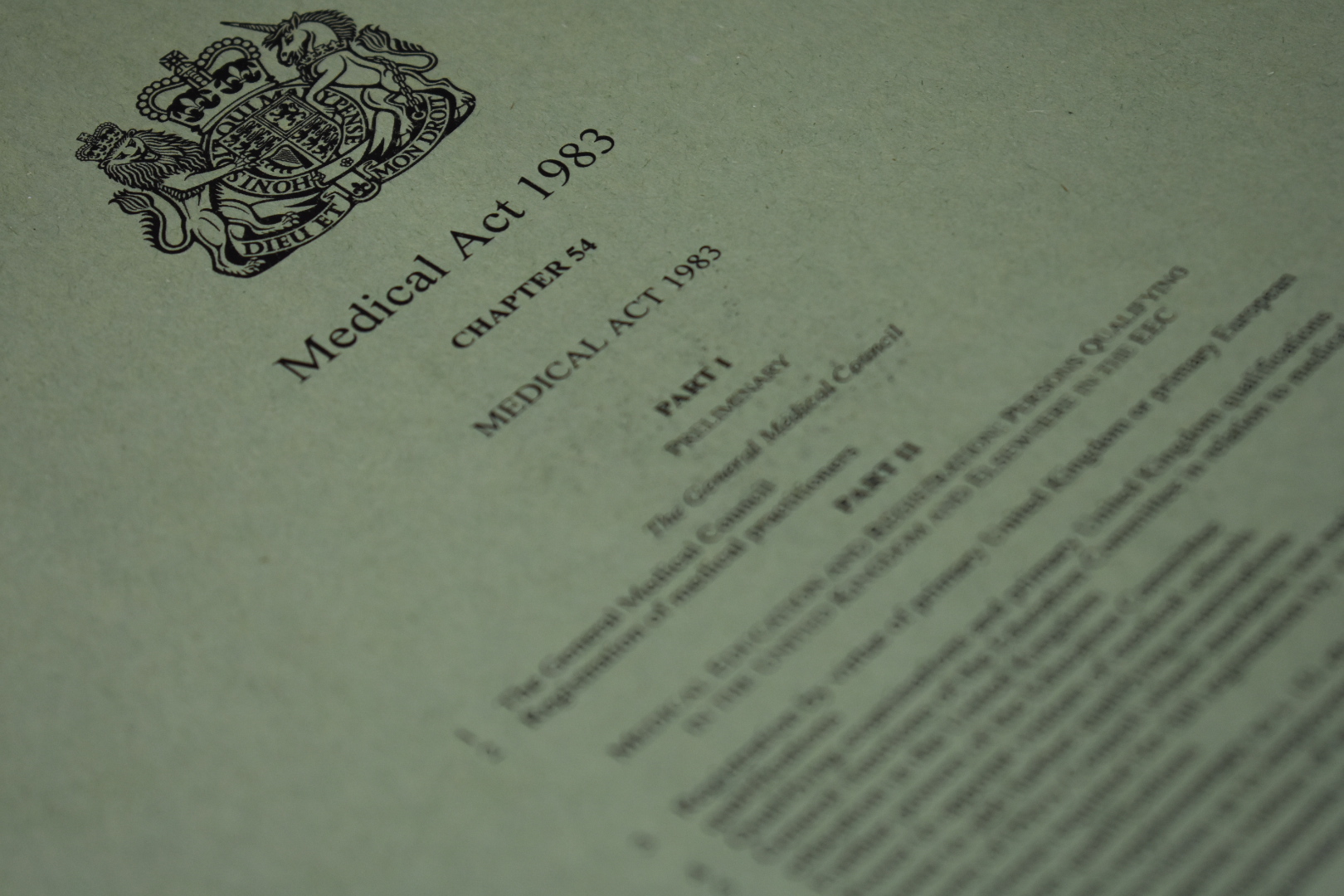MPTS Hearings
Restoration Hearings
The considerations at a restoration hearing are not dissimilar to review hearings in many ways. To restore your name to the Register you must make an application first to the GMC.
If your name was erased following a fitness to practise hearing you must wait five years and can only apply once every twelve months. If your name was erased either because you failed to pay your fees or did not keep your address up to date with the GMC or you voluntarily removed your name from the register, time is not a bar to applying though if your application is unsuccessful you must wait twelve months.

- A Restoration hearing may be heard by MS Teams or attended in person at the Manchester Hearing Centre.
- The Tribunal will comprise a legal qualified chair, a medically qualified member and a lay member.
- Directions will be provided and they will take into account the date of the expiry of your sanction. It is important the directions are complied with because a Tribunal may award costs against you, refuse to admit your evidence or draw an adverse inference by the failure.
The Restoration hearing is not another opportunity to challenge or test the facts in relation to the allegation, the restoration Tribunal will review the findings of the fitness to practise tribunal or any previous review tribunal and consider carefully why the GMC have referred the case to a Tribunal.
The question to address is whether your fitness to practise remains impaired and whether you can return to unrestricted practice. The GMC will first set out their position and then you, or where you have instructed us, we or your representative, will set out your position.
In terms of evidence in support of your position it may include certificates of courses you have attended, statements from colleagues, written reflections and witness statements from you on your conduct.
In addressing the question of whether you are fit to return to practice after erasure the Tribunal will review a range of factors and so adducing relevant evidence and thoroughly preparing for the hearing is important.
After the evidence has been adduced, and examinations or cross-examinations completed, submissions are made by the GMC and you or us addressing your restoration to the Register.
At the end of the hearing the Tribunal will give the reasons for its decisions and they will provide a written judgement of its reasons.
Where the case follows a fitness to practise erasure the factors considered by a Tribunal will often include the circumstances that led to the disciplinary erasure, your insight into the matters causing erasure, taking responsibility for those actions and addressing findings about your behaviour and skills including insight and remorse, remediation and risk of repetition, whether the impairment findings have been remedied, likelihood of repetition.
The Tribunal will often look at what action you have taken since erasure in terms of your clinical practice including working overseas, keeping your knowledge and skills up to date including considering the amount of time that has elapsed since erasure.

If the Tribunal accede to restoration, the hearing ends and your name will be restored to the Register by the GMC. It is important to be aware there may still be steps to follow before you can practice if you have been out of practice for 5 years. If the Tribunal refuse restoration the hearing concludes and you must wait to apply again after 12 months or for such time as the Tribunal may order. The tribunal’s judgement will be published on the MPTS website for twelve months, it will not do so if it is based on your health. Similarly where there is sensitive information in the determination it may be redacted.
Please note that this is an overview only of the salient issues relating to hearings and cannot be relied upon as advice on your case. For full advice on procedure and legal issues please contact us directly and we will be pleased to assist you.


